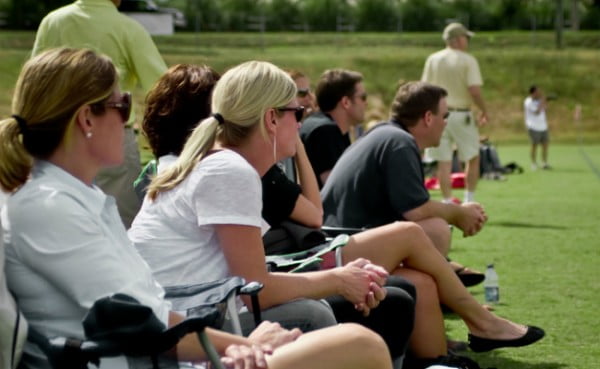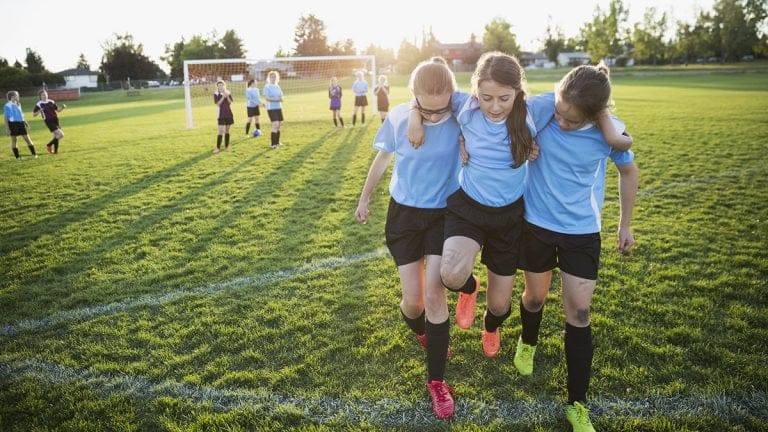
How To Raise Tough & Resilient Athletes
The high-pressure culture of youth sports can become burdensome for young athletes not yet equipped with the skills to process those demands. Performance, dedication, consistency, and ultimately winning are inescapable realities for athletes and their starting points for achieving success. Raising tough and resilient athletes who can manage these pressures has become an ongoing challenge for today’s parents.
With forethought and a broad perspective, however, parents can implement techniques and strategies to help kids develop the emotional toughness and resiliency needed for success over the long term.
Encourage a Growth Mindset
A growth mindset maintains the belief that intelligence and abilities can be developed and improved through effort, dedication, and a willingness to learn. Teach your child to embrace challenges, view setbacks as opportunities for growth, and believe in their ability to improve through effort and perseverance. Foster a mindset that values hard work and resilience over innate talent.
Set Realistic Expectations
Help your child set realistic goals and emphasize the importance of progress over a sole focus on the outcome. Helping them break down larger goals into smaller, more manageable steps will build confidence and a willingness to tackle more significant challenges. Encourage them to compete against themselves and strive for improvement against personal bests.
Teach Coping Skills
Equip your child with coping skills to handle the inevitable setbacks, failures, and disappointments. Teach them to analyze failures, identify their cause, make appropriate adjustments, and bounce back stronger. Encourage positive self-talk and teach relaxation techniques to manage stress and anxiety.
Model Resilience
Be a role model for resilience in your own life. Show your child how you handle challenges, setbacks, and failures with grace and a positive attitude. Share your own experiences of overcoming difficulties and how they have contributed to your personal growth.
Foster Independence and Responsibility
Encourage your child to take ownership of their sports activities. Let them set personal goals, make decisions, and manage their own training schedules to develop a sense of responsibility and independence.
Provide Supportive Feedback & Encouragement
Offer constructive and specific feedback to help your child identify areas for improvement. Focus on their effort, progress, and positive aspects of their performance, while avoiding excessive criticism or overly emphasizing mistakes. Let them know that you believe in their abilities and that you are there to support them through thick and thin.
Foster a Supportive Environment
Create a supportive and positive home environment where your child feels free to take risks and make mistakes. Offer words of encouragement, praise their effort, and remind them of past successes to boost their confidence.
Encourage Multi-Sport Participation
Encourage your child to participate in multiple sports and engage in various physical activities. This diversification promotes overall athleticism, reduces the risk of burnout, and enhances resilience by exposing them to varying challenges and experiences.
Teach Life Skills
Help your child understand that sports are not solely about winning but also about developing life skills. Emphasize the importance of qualities such as discipline, time management, perseverance, teamwork, and respect, all of which are valuable beyond the playing field.
It’s important to recognize that all young athletes are unique and in different stages of emotional development, so consideration of their individual needs, preferences, and developmental stage is needed when applying these strategies. When adopted, however, these techniques can help kids strengthen the emotional toughness and resiliency needed for success in sports over the long term.








